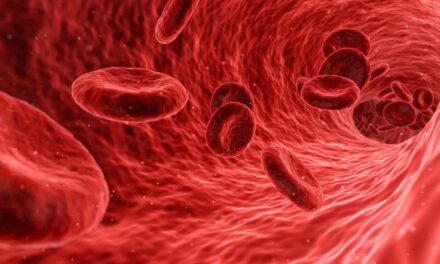
A recent study from Texas A&M University has uncovered alarming revelations about the lingering effects of paternal alcohol consumption on fetal development. Dr. Michael Golding’s research, published in Andrology, indicates that the impact of alcohol on sperm persists longer than previously understood, potentially influencing fetal alcohol syndrome (FAS) and IVF outcomes.
Contrary to earlier beliefs, Golding’s lab discovered that even after cessation of alcohol consumption, the negative effects on sperm endured for an extended period, surpassing a month.
Golding, a professor at the School of Veterinary Medicine & Biomedical Sciences, explained, “Our findings unveil a concerning reality: the withdrawal process following alcohol cessation continues to impair sperm function for an unexpectedly prolonged duration.”
Fetal alcohol syndrome poses serious risks such as abnormal facial features, low birth weight, attention disorders, and poor coordination. Historically, medical diagnosis has primarily focused on maternal alcohol consumption during pregnancy, overlooking the potential paternal influence on FAS.
Highlighting the significance of this research, Golding emphasized the evolving understanding of the paternal role in alcohol-related birth defects. He stressed the need for redefining societal narratives that solely attribute alcohol-induced birth defects to maternal behavior.
Golding’s study urges prospective parents to consider the impact of paternal alcohol consumption on fetal health. To mitigate risks, he recommends a substantial period of abstinence before conception, suggesting at least three months of alcohol avoidance for prospective fathers.
Acknowledging the psychological trauma associated with addressing maternal drinking during pregnancy, Golding emphasized the necessity for broader conversations regarding responsible alcohol consumption for both parents. By advocating for a shift in the discourse surrounding alcohol-related birth defects, the study aims to prompt earlier diagnoses and timely support for affected children.
Continuing research in this domain remains crucial to refine guidelines and empower healthcare professionals to offer informed advice to couples planning pregnancy. Dr. Golding and his team aspire to further unravel the intricate impact of paternal alcohol habits, ultimately aiding in fostering healthier pregnancy outcomes.











